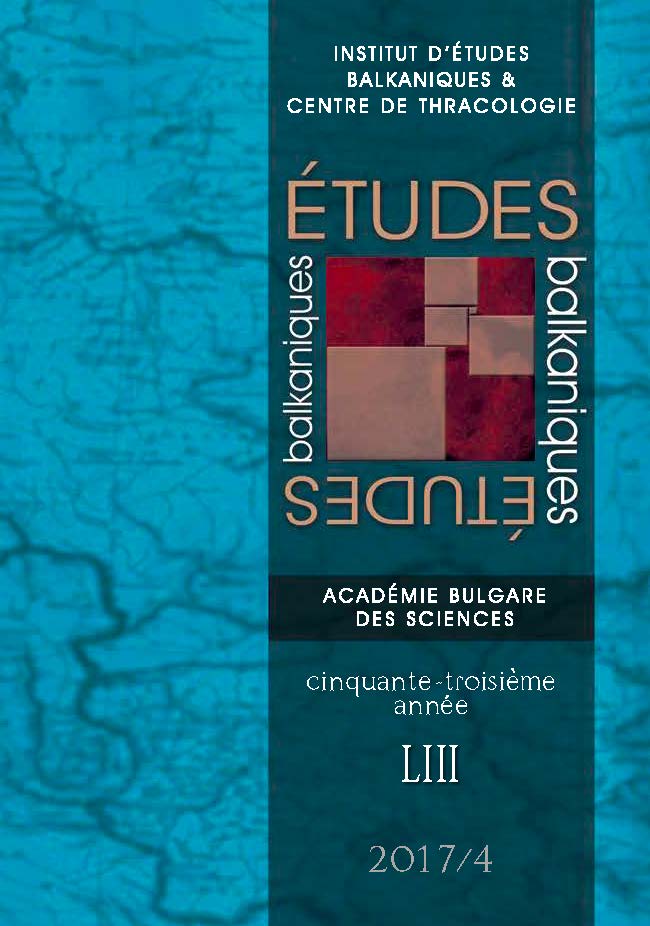THE PARIS PEACE CONFERENCE OF 1946 AND THE REDRAFTING OF BORDERS IN EUROPE: THE BITTER EXPERIENCE OF TWO FORMER GERMAN SATELLITES
THE PARIS PEACE CONFERENCE OF 1946 AND THE REDRAFTING OF BORDERS IN EUROPE: THE BITTER EXPERIENCE OF TWO FORMER GERMAN SATELLITES
Author(s): Aneta MihaylovaSubject(s): History, Recent History (1900 till today), WW II and following years (1940 - 1949)
Published by: Институт за балканистика с Център по тракология - Българска академия на науките
Keywords: Paris Peace Conference 1946; Postwar Settlements; Reparations; Bulgaria; Romania;
Summary/Abstract: The Paris Peace Conference, which lasted from July to October, 1946, was convened to decide on the peace terms for Germany‘s five allies in World War II: Italy, Romania, Bulgaria, Hungary and Finland. The article focuses on two of these former German satellites, namely Bulgaria and Romania, which, like many other times in their history shared a common fate. It explores the expectations and ambitions of the two states, the way they justified their causes and asserted their positions and how successful they were in achieving their goals. It comes to the conclusion that regardless of the fact that both countries were very active and had managed to present their positions well, their experience was bitter, for they were just figureheads in the tricky games of the major victorious powers, each of them having its own aims and ambitions that were to decide their fate. The decisions reached at the conference were the result of mutual compromises between the Soviet Union and its Western Allies, while Bulgaria and Romania, although being given the opportunity to have their say, were actually in the position of voiceless spectators.
Journal: Études balkaniques
- Issue Year: 2017
- Issue No: 4
- Page Range: 666-688
- Page Count: 23
- Language: English
- Content File-PDF

